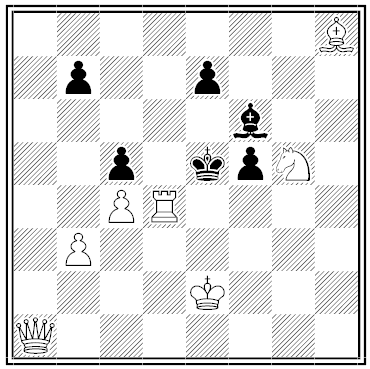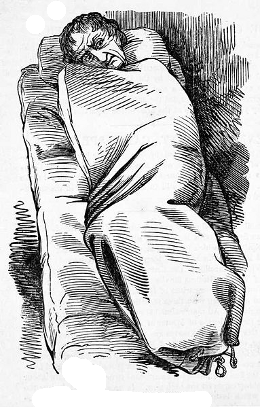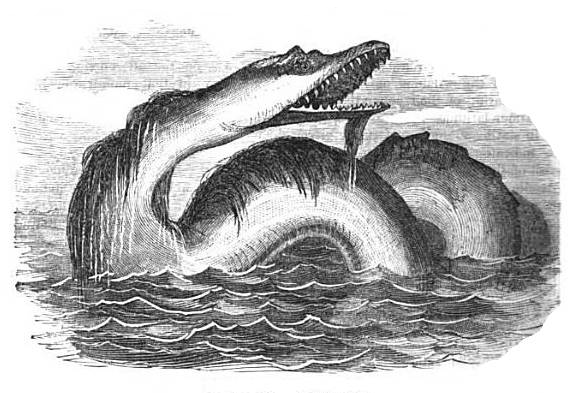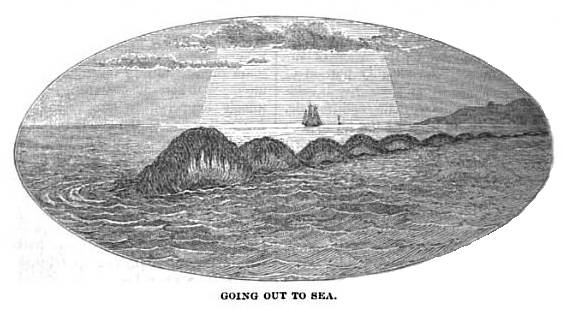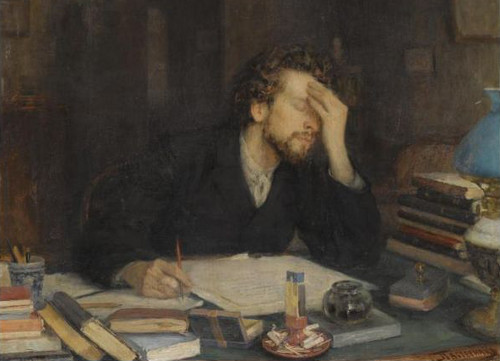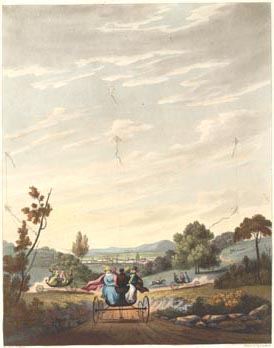When the dowager recluse Ida Wood died in March 1932, she drew more than 1,000 people into a court battle over her $877,000 estate. As a social belle of the Gilded Age, Ida Mayfield had lit up the city with memories of dances with the Prince of Wales and dinners with Abraham Lincoln among the prominent Mayfields of New Orleans. She had married wealthy publisher Benjamin Wood and, on his death, withdrew to New York’s Herald Square hotel, where she was found dead at age 93.
At the news of her death, 406 connections of the Mayfield family filed claims against her fortune, but judge James A. Foley managed to disappoint all of them. Ida, he found, was not a Mayfield at all — she was Ida Walsh, the daughter of English-Irish immigrants who had arrived in Massachusetts shortly before the Civil War. At 19 she had changed her name to Mayfield in order to impress people at her New York debut, and the ruse had succeeded beyond her wildest hopes.
“She was plainly actuated by her desire to suppress her humble origin and to assume an alleged social standing in the period before and after her marriage to Benjamin Wood,” Foley wrote. “It is the jest of fortune that having attained wealth and prominence, she abandoned her pretenses at the age of 60 and retired in strict seclusion.” Calling Wood “a very peculiar woman,” he divided her fortune among 10 cousins.

